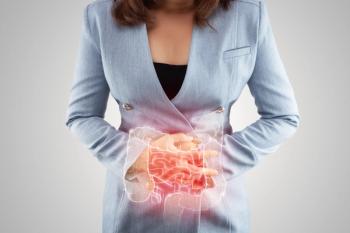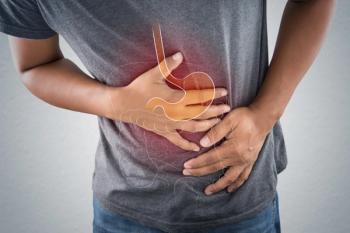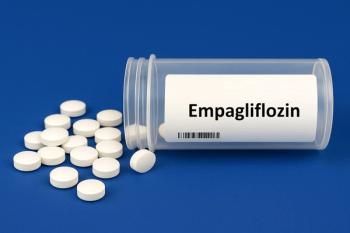
Constipation: Causes and Tips for Prevention
What pharmacists should know about constipation.
Constipation is among the most common gastrointestinal complaints and can be a cause of considerable discomfort.
Although constipation used to be defined by bowel movement frequency (fewer than 3 per week), its definition has been broadened to include other symptoms, including hard or lumpy stools, straining while passing stools, a sensation of incomplete evacuation or anorectal blockage, and manual maneuvers needed to facilitate defecation. According to Rome IV criteria, chronic functional constipation is defined by experiencing 2 or more of these symptoms during at least 25% of bowel movements over 3 months, with symptom onset at least 6 months earlier.
Constipation is more prevalent among women, especially pregnant women and in the immediate postpartum period, and its incidence increases with age. It can also be associated with the development of hemorrhoids due to straining.
Constipation Causes
A common culprit in constipation is a poor diet with insufficient fluid and fiber; lack of exercise can also be a contributing factor.
Systemic diseases associated with constipation include metabolic disorders such as diabetes and hypothyroidism, neurologic disorders such as stroke, Parkinson disease (PD), head injury, and multiple sclerosis, and connective tissue disorders such as scleroderma.
Constipation is extremely common in patients taking opioids—hence the diagnosis of opioid-induced constipation—but there are many other drugs that can also contribute to constipation. These include anticholinergic drugs (eg tricyclic antidepressants, antispasmodics, antipsychotics, antihistamines, and drugs for PD), anticonvulsants, antihypertensives (eg calcium channel blockers, diuretics, antiarrhythmics, and beta-blockers), and cation containing agents (eg aluminum, calcium, bismuth, iron supplements, and lithium).
Tips for Prevention
The cornerstone of constipation relief and prevention is lifestyle changes. The following are tips that pharmacists can give patients with acute constipation:
1. Eat more fiber. Fiber helps prevent constipation by increasing the bulk of stool and speeding transit in the gastrointestinal tract. According to the US Department of Agriculture, recommended daily fiber intake ranges from 22 to 34 grams, depending on gender and age. But the average American’s diet contains far less, reportedly approximately 15 grams daily. A high fiber diet has numerous benefits aside from softening stool, including lowering cholesterol, controlling blood glucose, and aiding in weight loss. Good sources of fiber are beans, nuts, whole grains, fruits, and vegetables.
2. Drink water. Increased consumption of fiber should always be paired with increased fluid intake. Higher water content in the stool makes it softer and easier to pass. Many experts recommend that adults drink 8t cups of water daily; some say even more.
3. Exercise. Physical activity enhances gastric motility in addition to its many other beneficial effects on health.
4. Go when you feel the urge. Withholding stool can cause stool to become dry and difficult to pass.
5. Consider fiber supplements. Lifestyle changes are easier said than done. Although increasing fiber in the diet is ideal because fiber-rich foods contain vitamins and minerals, patients who are unable to consume enough dietary fiber can benefit from fiber supplements containing wheat, psyllium, or methylcellulose. Since fiber supplements can cause abdominal bloating and flatulence, patients should start at a low dose and slowly increase.
6. Ask about constipation in patients with hemorrhoids. Tips to relieve their constipation may help prevent hemorrhoids from developing or worsening.
7. Refer to a doctor. Patients with more severe constipation symptoms, such as rectal bleeding, abdominal pain, inability to pass gas, and unexplained weight loss, should be referred for evaluation.
Newsletter
Pharmacy practice is always changing. Stay ahead of the curve with the Drug Topics newsletter and get the latest drug information, industry trends, and patient care tips.























